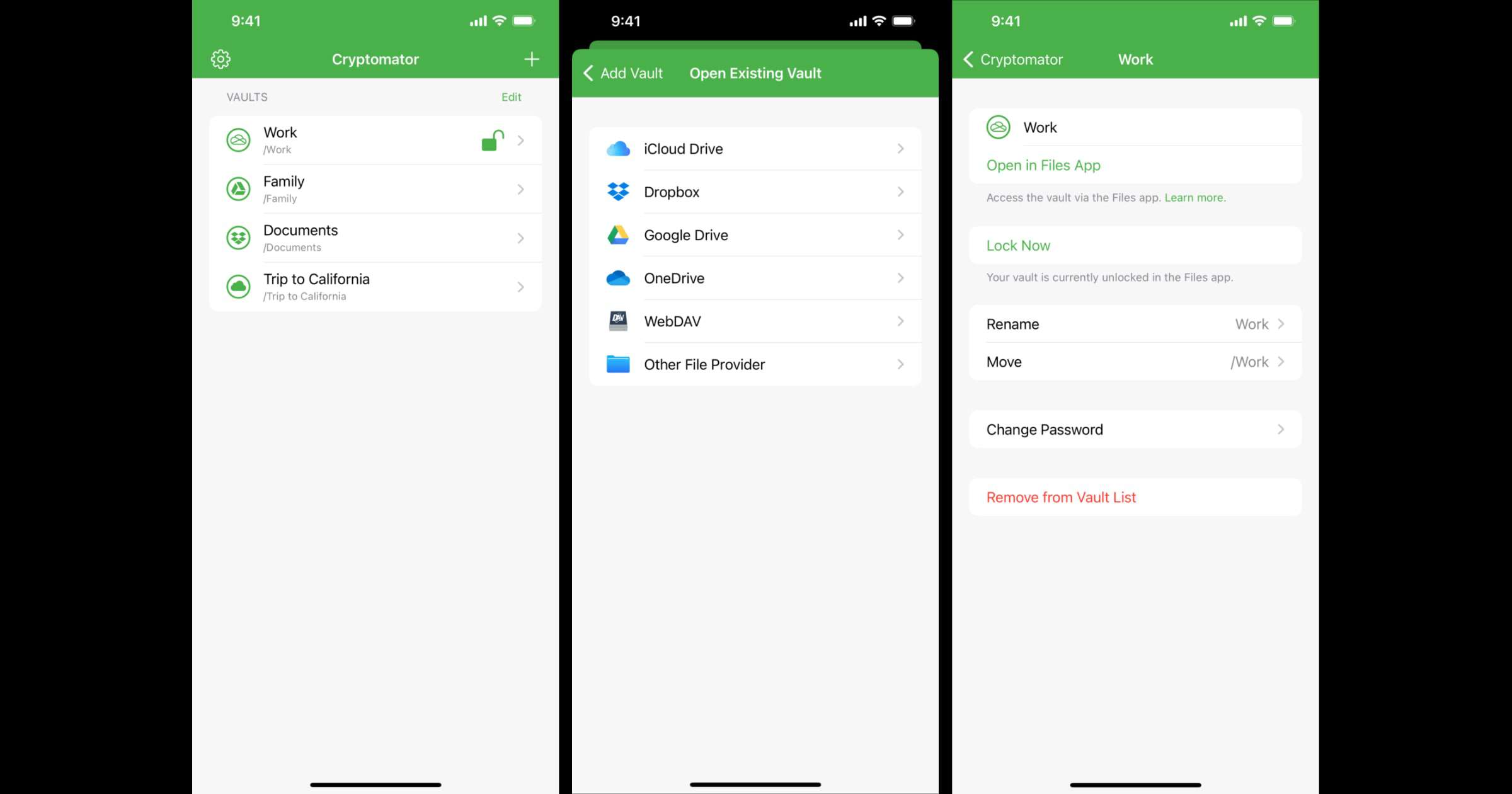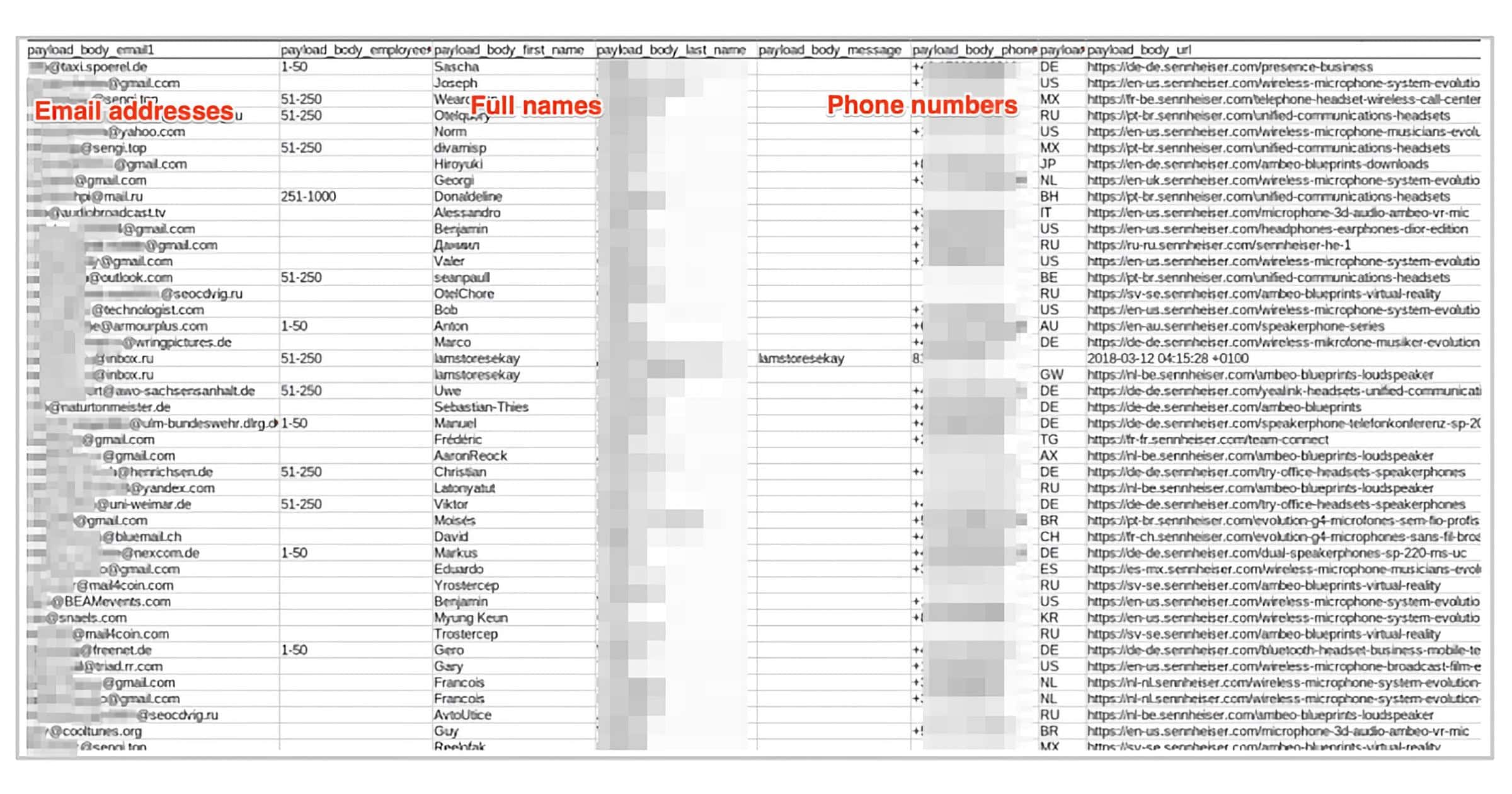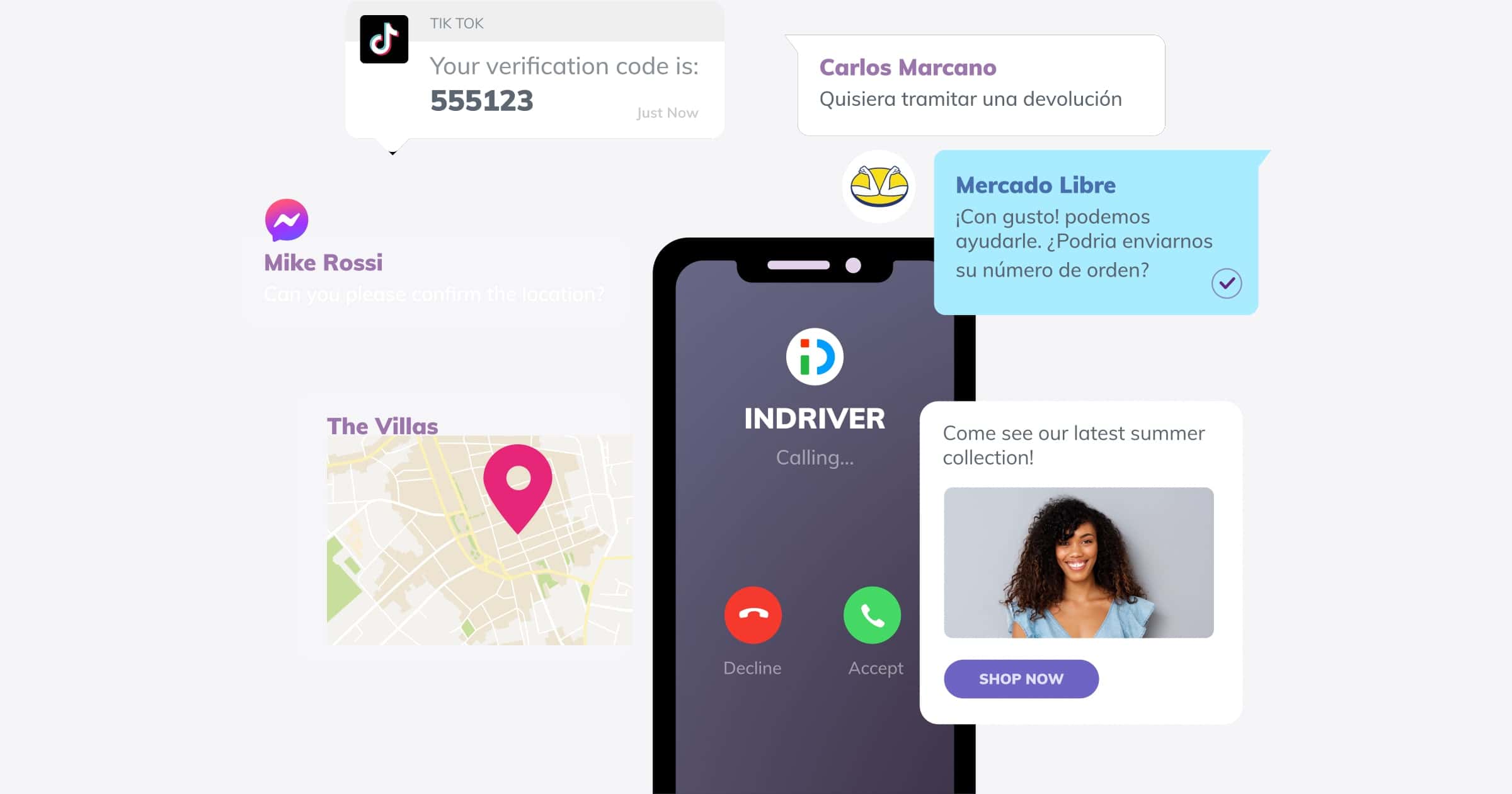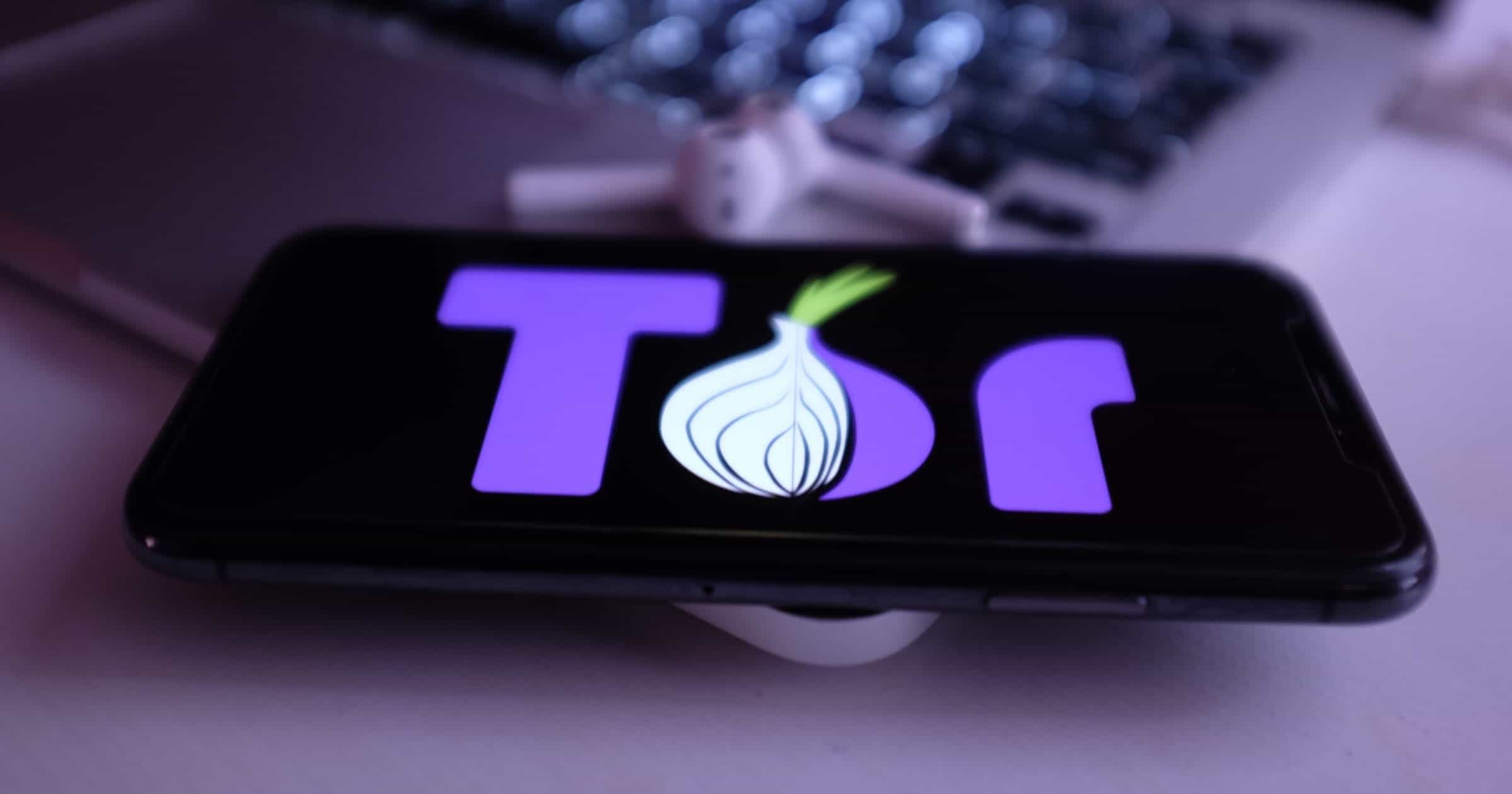ArsTechnica shares the story of how U.S. diplomats in Uganda were hacked by Pegasus, a spyware tool from NSO Group.
Israeli and US officials declined to confirm that the Ugandan hack directly triggered a decision to blacklist NSO. But one US official who discussed the issue with Israel’s defense ministry said: “Look at the entire sequence of events here—this is careful, not by chance.” He added that putting NSO, one of the jewels of Israel’s tech community, on a US blacklist was designed to “punish and isolate” the company.





















